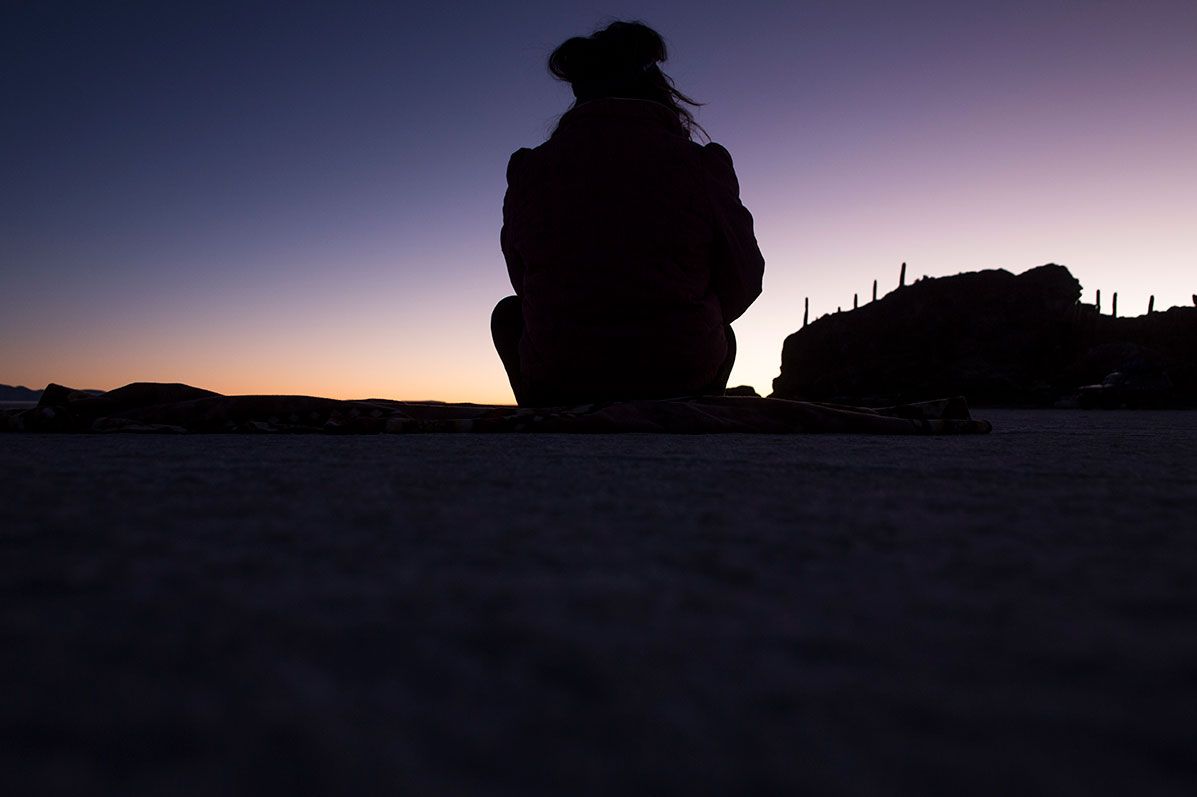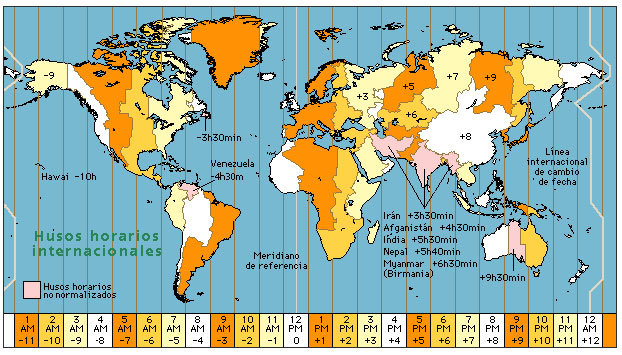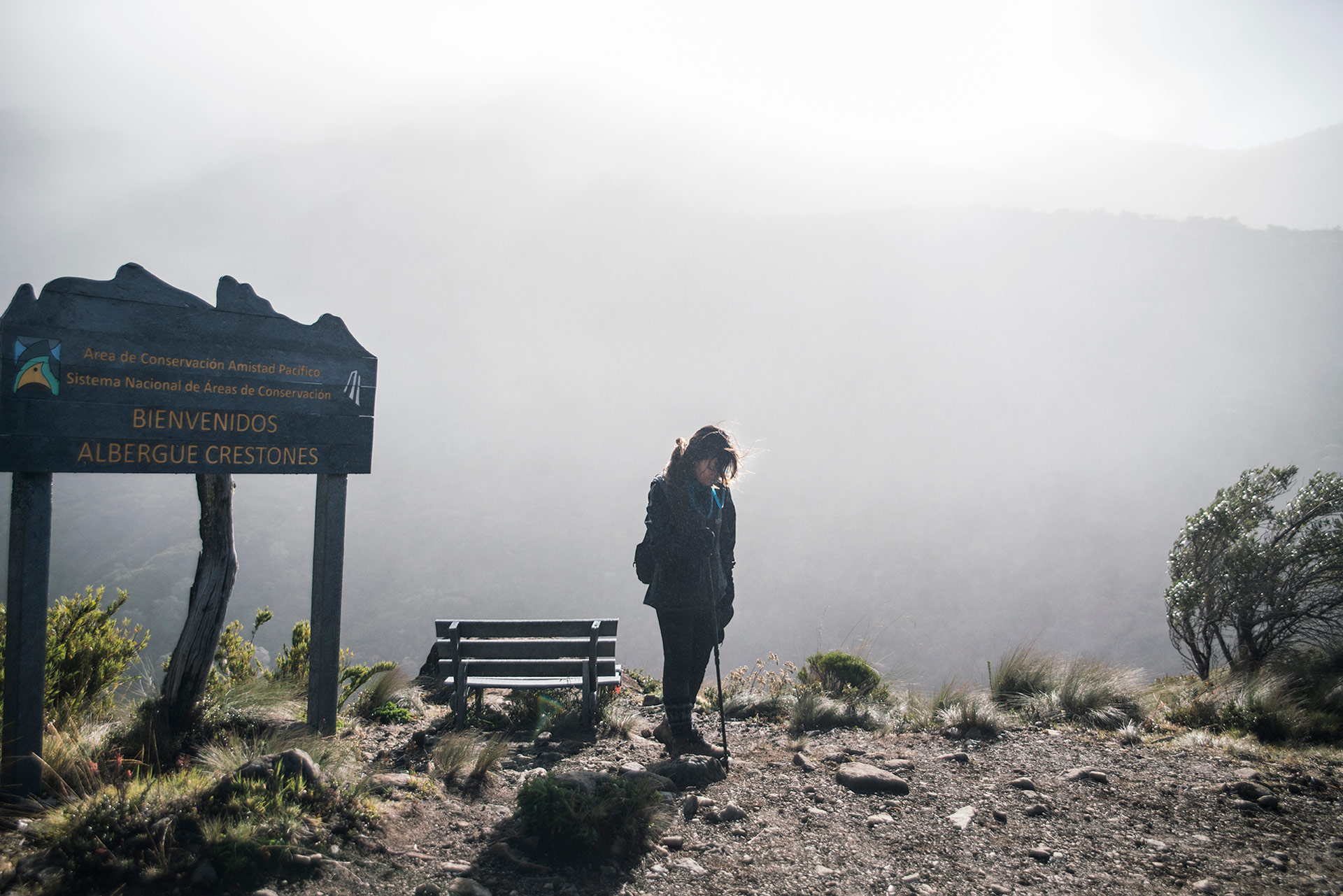
Tricks to minimize jetlag:
beat travel tiredness!
Traveling is one of the most beautiful illusions you can experience if are passionate about knowing other places. But when you take long distance flights between east and west, you are probably going to feel affected by what is known as jetlag, transoceanic syndrome or circadian dysrhythmia.
The first thing you have to know is that every person has a circadian rhythm. This is like an internal clock that regulates our body's cycles like sleep and other biological functions. When we go from one hemisphere to another, the time zone changes and it affects our body´s inner clock.

The most common symptoms are fatigue, irritability, disorientation, insomnia, headache, nausea, diarrhea, vomiting, among others. If you travel from the east to the west, you may feel less affected than if you travel from the west to the east because you would be going in the opposite direction to the body clock. The body adapts better to longer days than shorter. Let's see the following example of a flight schedule (jet lag affects more when the time difference is greater between one place and another): Madrid is 7 hours ahead of Costa Rica and therefore, Costa Rica is 7 hours behind Madrid. Let’s suppose we are going to make a round trip for our vacations. The direct flight has an approximate time of 10 and a half hours. So our schedule in both directions would be with this if we pretend that both flights leave at 1:00 am:
* Madrid-Costa Rica: If the flight leaves at 1:00 am, it would arrive at 11:30 am Madrid’s time, 4:30 am Costa Rican time. That day would be 7 hours longer.
* Costa Rica-Madrid: If the flight leaves at 1:00 am, it would arrive at 11:30 am Costa Rican time, 6:30 pm Madrid’s time. That day would be 7 hours shorter.
During this backpacking year I have gone from one hemisphere to another very often. At the beginning the fatigue was extreme, my body was tired and didn’t have the time to recover or I felt that it took me longer to adapt and therefore wasted my days. It was more frequent to travel from West to East because I was moving in that direction following the route I wanted.
I’ve made trips with extreme schedule changes that have encouraged me to investigate and try a few tricks to minimize jetlag effects. For example, due to family circumstances, I had to make a flight from Seville to Costa Rica where I stayed 7 days in my homeland and returned to Europe. In the last month I had to make a trip from Scotland to Miami where I stayed in that state for two days and returned to Glasgow. On July I had to travel from Tokyo to Costa Rica with long stopovers in the United States.
* Madrid-Costa Rica: If the flight leaves at 1:00 am, it would arrive at 11:30 am Madrid’s time, 4:30 am Costa Rican time. That day would be 7 hours longer.
* Costa Rica-Madrid: If the flight leaves at 1:00 am, it would arrive at 11:30 am Costa Rican time, 6:30 pm Madrid’s time. That day would be 7 hours shorter.
During this backpacking year I have gone from one hemisphere to another very often. At the beginning the fatigue was extreme, my body was tired and didn’t have the time to recover or I felt that it took me longer to adapt and therefore wasted my days. It was more frequent to travel from West to East because I was moving in that direction following the route I wanted.
I’ve made trips with extreme schedule changes that have encouraged me to investigate and try a few tricks to minimize jetlag effects. For example, due to family circumstances, I had to make a flight from Seville to Costa Rica where I stayed 7 days in my homeland and returned to Europe. In the last month I had to make a trip from Scotland to Miami where I stayed in that state for two days and returned to Glasgow. On July I had to travel from Tokyo to Costa Rica with long stopovers in the United States.


Here’s a list of what I’ve tried. Remember that every body is different, therefore, we can react differently:
1. Avoid caffeine and alcohol: At least one or two weeks before your trip, avoid caffeine and alcohol as they affect the body and can aggravate discomfort. Drinking them can also cause dehydration and an alteration in sleep patterns. I had no problem with it because I don’t drink or have coffee very often but have traveled with people who does.
2. Maintain a good physical condition and diet: The sedentary lifestyle will always bring negative consequences to our body and responds better with constant physical activity and a balanced diet. Also, avoid eating heavy things like pasta, flours, fats and others before and during the trip, digestion can be affected.
3. Stay hydrated: The air conditioning of the airplane and airports dries the throat and nose. Drinking enough water helps us to maintain this type of discomfort relieved. A dehydrated body will always be more affected by any kind of effort or change, so drink plenty of water!
4. Hours of rest: If you travel to the East, remember that your day is going to be shorter and to the West your day is going to be longer. Calculate according to the departure time and arrival at your destination if you can sleep during the flight or if it is better to stay awake. Avoid it especially if your arrival is late. It is preferable to get tired at night, sleep and get up a little late the next day than having insomnia because you slept too much during the flight. And vice versa, it is better to sleep a couple of hours during the flight and land in the morning with some rest than staying awake for more than 24 hours. Calculate the schedules and choose what helps you adapt better to the new time zone.
5. Try to adapt in advance: It’s also good that you get up earlier or later depending on the new time zone. Move your sleep hours (2 or 3 weeks before departing) to make day and night time coincide little by little with the hours of your next destination. If you travel east, wake up and go to bed a couple of hours earlier, if you travel west, wake up and go to bed a couple of hours later.
6. Make a multicity: If you have the time, flexibility and financial resources, stay a couple of days in one or two cities halfway to your final destination. This way you can rest and adapt the body and at the same time, you get to know other places. Sometimes flights can be cheaper!
7. Expose yourself to the light: I haven’t tried this method but thought it would be a good idea to explain in case someone wants to use it and let me know if it works. There’s a mathematical study done by researchers in Michigan that says jetlag effects can be reduced by coordinating exposure to light as you change from one time zone to another. They developed an app that can monitor, calculate and correct your circadian clock according to the light you receive. It’s name is ENTRAIN and you can click for HERE for more information. Its free and available for Iphone and Android.
8. Talk with a doctor: If you are taking any delicate medication or have any treatment in progress, talk to a specialist to determine the best way to continue with it, either by delaying or advancing the dose. In my case, I’ve traveled all these months while completing a treatment. What I did was to take the dose a couple of hours before or after my usual schedule for a few days to prepare myself to the new time zone.
9. Take it easy: The first days don’t do demanding activities so the body doesn’t suffer from overexertion. That doesn’t mean you have to stay still: move, go out, walk, enjoy, accommodate your body to the new food and sleep schedule.
10. Beware of medications: I’ve seen people recommending supplements such as melatonin. Before taking anything, talk to a specialist. I try to be as natural as possible because I don’t to want to alter my body with substances. And if I'm not mistaken, melatonin can interact with anticoagulants, contraceptives, immunosuppressants, anticonvulsants, diabetes medications, among others.
The truth is that I would like to offer a magic cure for jetlag but there isn´t any. What I can assure you is that many of these practices helped me to adapt better to the change, especially when there´ve been differences of 8 to 12 hours between time zones and stopovers up to 48 hours.
Treat yourself with love, respect and embrace your body. Try what you think can work best and learn to know yourself better.
Treat yourself with love, respect and embrace your body. Try what you think can work best and learn to know yourself better.







